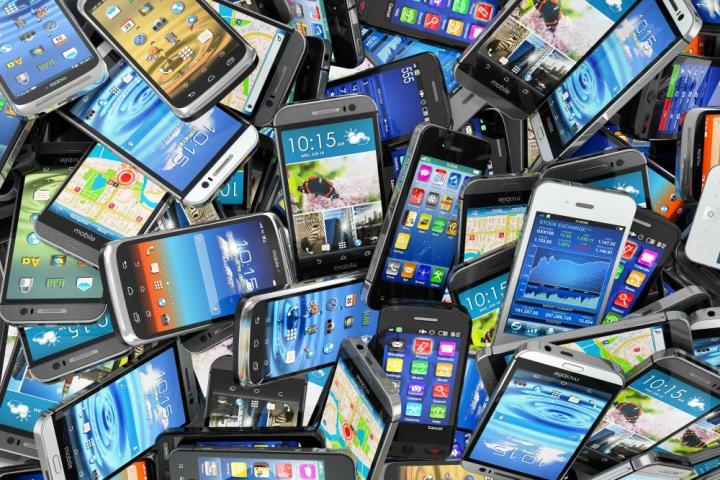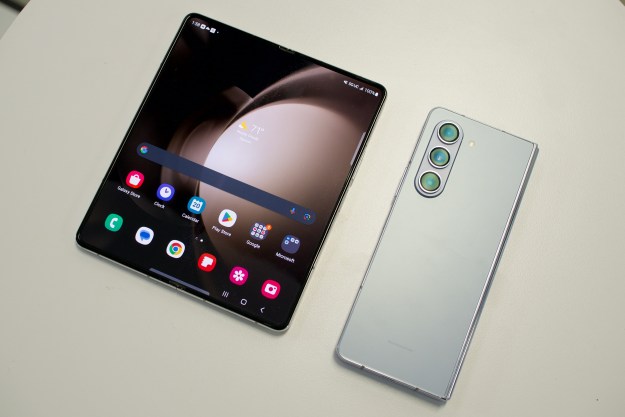
In a survey of more than 5,600 U.S. and German consumers in June 2014, Gartner found that 60 percent of respondents replace their smartphones because they want the latest features or simply because they “just want” a new phone.
In 2014, 56 million refurbished smartphone units were sold to end users around the world, the equivalent of $7 billion in wholesale revenue. By 2017, Gartner expects both of these numbers to balloon to 120 million refurbished smartphone units and about $14 billion in wholesale revenue, about double 2014 figures.
“With consumers in mature markets upgrading their smartphones every 18 to 20 months the inevitable question is what happens to the old device?” said Meike Escherich, principal research analyst at Gartner. “While only 7 percent of smartphones end up in official recycling programs, 64 percent get a second lease of life with 23 percent being handed down to other users and 41 percent being traded in or sold privately.”
The increasing demand for used high-end smartphones will impact sales of new primary units, as more consumers look to the secondhand market, according to Gartner. In North America and Western Europe alone, the market for refurbished phones will hit around $3 billion this year and will grow to $5 billion in 2017. “Many users are attracted to used high-end devices that they would not have been able to purchase at the original selling price,” according to the firm.
Maybe the biggest hurdle for the refurbished-smartphone market is the perception that these devices are “dirty and disgusting due to their prior ownership,” as discussed in a study from Penn State University last July.
Editors' Recommendations
- Look who just replaced Samsung as king of the global smartphone market
- Here’s why you should buy certified renewed or refurbished smartphones

